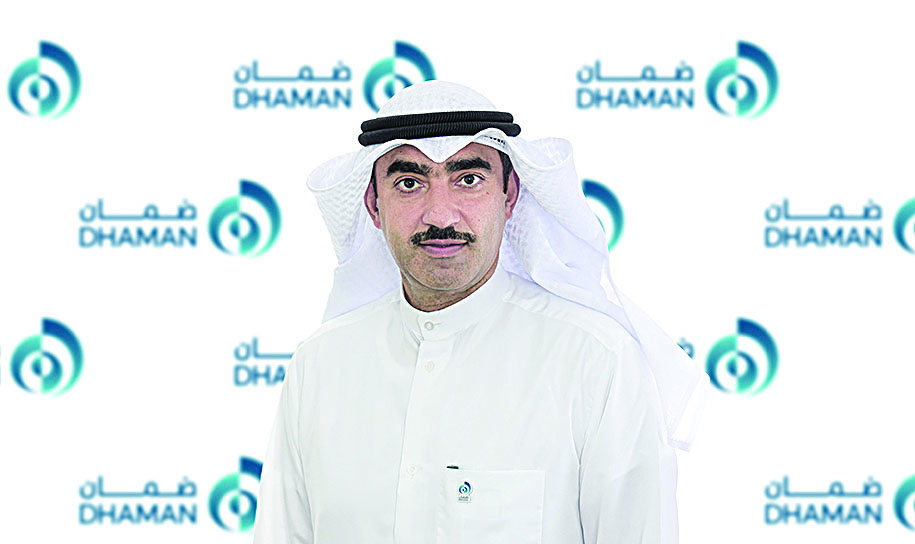KUWAIT: Health Assurance Hospitals Company (Dhaman) joins the United Nations Global Compact initiative - a voluntary leadership platform for the development, implementation and disclosure of responsible business practices that includes thousands of committed companies and organizations worldwide to adopting and implementing responsible business practices.
Dhaman CEO, Thamer Arab, said, "We are proud to join the United Nations initiative, which is in line with the company's values and principles, and to be among other regional and global companies that are committed in taking responsible actions that will reflect on them and on the world".
He said that Dhaman has always been a pioneer in the field of healthcare delivery, through the adoption and implementation of health maintenance model (HMO), as it believes in preserving the environment, promoting transparency, integrity and equal opportunities. Arab also pointed out that "the health sector is one of the important sectors that has committed to the sustainable development goals of the United Nations, and is keen to provide healthcare to millions of people around the world. By joining the program, we affirm our support of human rights, which is included in our Code of Conduct, HR policy, and all existing company policies and regulations. We respect and value all our employees and treat them equally without any form of discrimination".
He added that one of the initiatives adopted by Dhaman is the preparation of a governance guide, "which is one of the main pillars in the implementation and practice of corporate governance principles within the company to enhance the confidence of investors and stakeholder."
Arab also said that in light of the accelerating digital transformation in the world after the pandemic, healthcare providers continue to develop the infrastructure to provide digital healthcare in respond to the growing needs of patients and beneficiaries.
Dhaman has completed two hospitals in Ahmadi and Jahra governorates with a total capacity of 660 beds, in addition to four primary healthcare centers distributed in different governorates, which are currently operating as private centers. Through its health network, Arab added that "it also provides mandatory assurance and primary and secondary health services for workers in the private sector and their families, within the health maintenance (HMO) model, a unique model based on the concept of preventive health, introduced in the Middle East for the first time".
Launched in 2000, the UN Global Compact is the largest corporate sustainability initiative in the world, with more than 9,500 companies and 3,000 non-business signatories based in over 160 countries, and more than 70 Local Networks. It aligns its operations and strategies with ten universally accepted principles in the areas of human rights, labour, environment and anti-corruption, and to take action in support of UN goals and issues embodied in the Sustainable Development Goals (SDGs).











